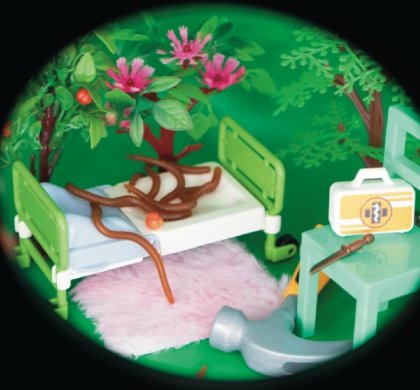
Note 54
With Out of Print 54, we are struck, once again, by the immense complexity of the emotional and psychological terrain that human beings inhabit. Short prose offers a way of revealing how this terrain is negotiated. It lays open the many, seemingly unfathomable factors that impact human reaction, evoking reactions such as making you want to cry out with advice to the characters as they are driven to follow tortured, twisted paths when engaging with each other.
Ponmugali’s story ‘Slander’, translated from Tamil by Sree Prasad, weaves love and desire, naivety, and self-righteousness. It is told from the point of view of a young woman, the narrator. Set in a hostel, it compels the reader to ask whether the two main threads in the story that meet and intertwine in the main character inform each other. Whether the decision she must take about her lover, with his ‘unnatural’ desires, is in any way impacted by the enormity of the decision she has taken in the hostel or if they are simply parallel threads that entangle within her.
Sharika Nair plunges the reader into the compelling and obsessive nature of attraction and infatuation in ‘Evol Story’. In the progression of the narrative’s trajectory, we lose track of the timeline, completely in the present in each subsection. This apparent ploy leads to a spiralling, centripetal aspect which is consistent, oddly, with the main character’s ability to observe the unfurling of his dilemma and actions even while responding to the emotional impulses that propel him.
The brutality and gender violence that is brought to light in Bidisha Satpathy’s ‘Sweetened Curd’ is a depressing commentary on humankind, but leaves us with the possibility of hope. There are rarely heroes in stories of patriarchy and power, but there is sometimes kindness and tenderness, and whether that saves anyone is unclear, but it layers the ugliness, the othering and the callous use of the other’s body with humanity. The story highlights the savagery that the imbalanced gender ratio leads to.
In ‘Appa’s Legs’ by Bharat Kumar filial duty, affection and love are laid out in all their convoluted intensity. The main character can map the wounds and scars and the manifestations of drunken failures on his father’s legs because he must regularly massage them when he is asked. And through this filial intimacy, we must learn whether affection and regard will transcend the many disappointments brought by living with the selfishness and tragedy of addiction.
Cheryl Rebello’s ‘Palat’ has a deceptively light tone for a story that carries such profound heartbreak. Opening with a reference to popular cinema, the story follows the main character, as he walks through life with a magical ability to aid him. Until he discovers the one person with whom the magic does not work. Cleverly cycling back to the opening reference, we are left with a sense of how unpredictable and unstable family relationships can be. This too is a story of fathers and sons.
In the excerpt from Kuvempu’s Bride in the Hills, translated from Kannada by Vanamala Vishwanatha, we are transported from the present to an era emerging from the weight of the colonial and confronting the propagation of an adapted modernism. Set in the Malnad area with the grandeur and beauty of nature affecting its characters, in the melee of a community gathering, ‘the notion of discrimination between ‘touchables’ … and ‘untouchables’’ seems to all but vanish, embedded prejudice lifted for a moment in the excitement – leaving us, despite our tarnished view from the present, with a sense of possibility.
The art on the cover of Out of Print 55 is by Mira Brunner.
